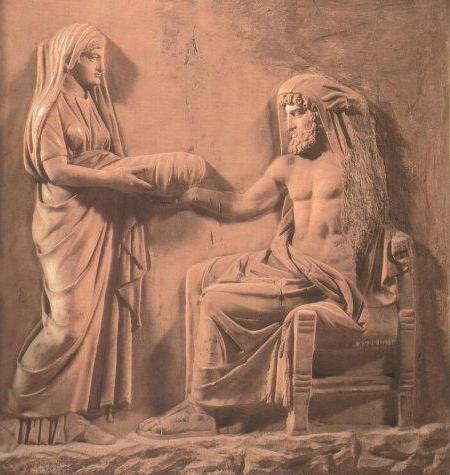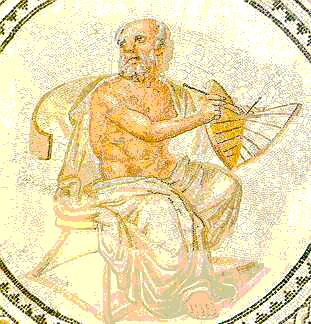L’Uomo e il Tempo – Luigi Morrone
Il Tempo è un’Entità che ha sempre attratto la mente umana. Nella Teogonia di Esiodo, era rappresentato da Kronos (che in greco significa, appunto, Tempo), che divora i suoi figli, chiara metafora del tempo che porta via tutto. Perché l’Uomo, fin da quando ha cominciato ad acquisire la capacità di astrarre, si è reso conto


